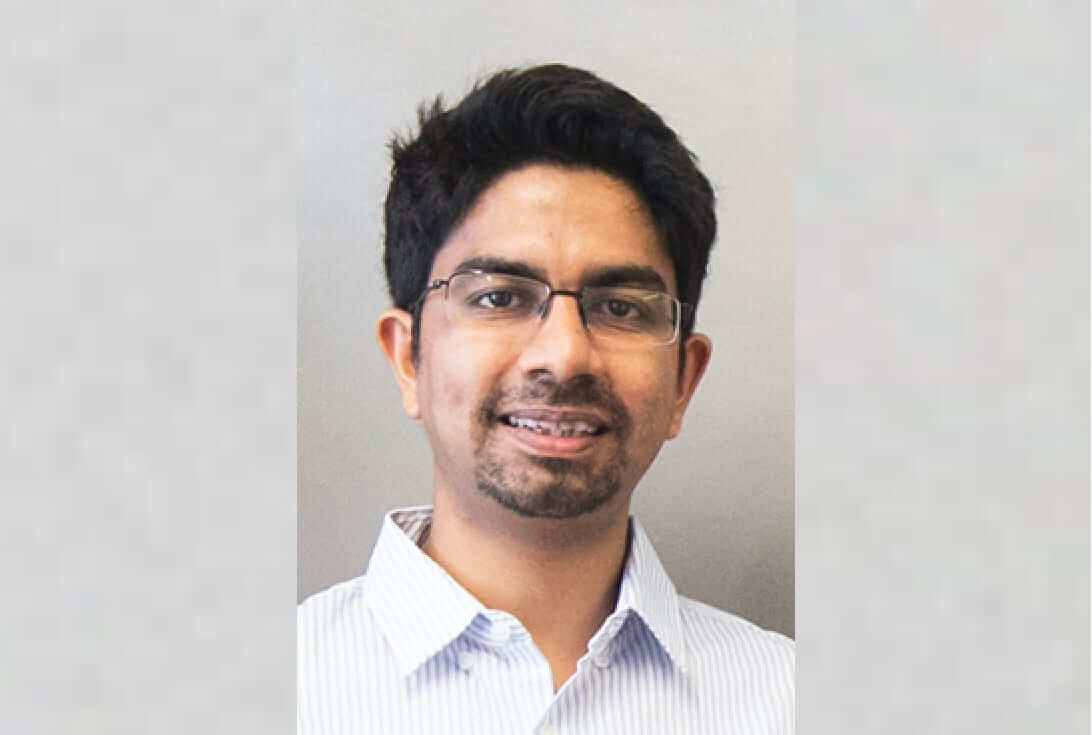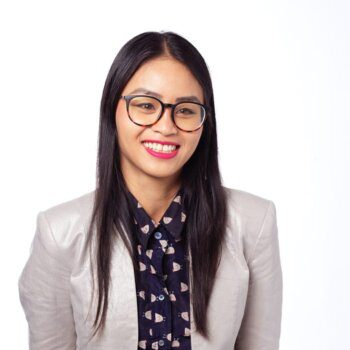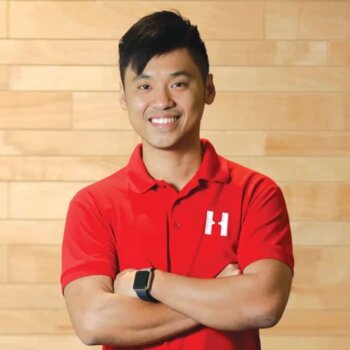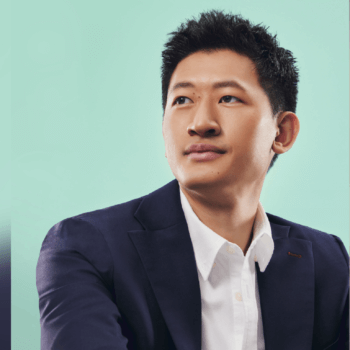Mriganka is An Expert In Cybersecurity and Cryptocurrency
What’s your story?
As the Co-Founder and CEO of Merkle Science, we provide a blockchain risk monitoring solution to help law enforcement agencies and cryptocurrency companies detect and prevent illicit use of cryptocurrencies. I’m an engineer by background and I previously worked at Bank of America in Mumbai. In 2016, I was bitten by the startup bug. For 2 years I worked for Luno, a Naspers backed cryptocurrency exchange in Singapore. While I was there, I got the idea for Merkle Science during my interactions with banks and regulators across the region. I joined an incubator called Entrepreneur First where I met my Co-Founder and CTO, Nirmal, who previously worked as a fraud data scientist at Paypal and Instamojo. When we started out, we knew we were at the forefront of this industry, but we were surprised by the exponential growth it has experienced.
What excites you most about your industry?
Our industry sits at the convergence of compliance, cybersecurity and cryptocurrency. Due to criminals using cryptocurrency, as well as governments regulating cryptocurrency companies, our industry is evolving much faster than we expected. This is always exciting for an entrepreneur as more change implies more opportunity.
What’s your connection to Asia?
I’m Indian by nationality and have worked in Singapore for the past 5 years. Our company is headquartered in Singapore and has offices in Tokyo, Seoul, and Bangalore, so we are very pan-Asian.
Favourite city in Asia for business and why?
I have two favorite cities: Singapore and Tokyo. I really like Singapore because of its efficiency and am constantly awed by how progressive and business-friendly regulators and government agencies are to entrepreneurs. Tokyo is very unique, as business, in general, is less transaction/value based and more relationship and trust-based, when compared to other larger financial centers. The Japanese also have very high standards of quality and professionalism, making it a great marketplace for high-quality products.

What’s the best piece of advice you ever received?
“Nana korobi, ya oki” which means “Fall down seven times, stand up eight.”
Who inspires you?
Steve Jobs. He was fired from the company he built and then got acquired by the same company.
What have you just learnt recently that blew you away?
The horned dung beetle (Onthophagus Taurus) can pull up to 1,141 times its own weight.
If you had your time again, what would you do differently?
I doubt I would have done anything differently as everything I’ve done has been a positive learning process.
How do you unwind?
I enjoy swimming, hiking and reading books.
Favourite Asian destination for relaxation? Why?
Thailand. It is beautiful.
Everyone in business should read this book:
“Survival To Thrival: Building the Enterprise Startup,” by Bob Tinker and Tae Hea Nahm.

Shameless plug for your business:
Merkle Science is the best blockchain monitoring solution to detect and prevent illicit use of cryptocurrencies. If you are having trouble with cryptocrime or cryptocompliance get in touch!
How can people connect with you?
My LinkedIn profile: https://www.linkedin.com/in/mriganka-pattnaik-80295b28/
Twitter handle?
@Mrig1990
—
This interview is part of the ‘Callum Connects’ series of more than 500 interviews

Callum Laing is an entrepreneur and investor based in Singapore. He has previously started, built and sold half a dozen businesses and is now a Partner at Unity-Group Private Equity and Co-Founder and CEO of MBH Corporation PLC. He is the author of three best-selling books ‘Progressive Partnerships’, ‘Agglomerate’ and ‘Entrepreneurial Investing’.
Connect with Callum on Twitter and LinkedIn
Download free copies of his books at www.callumlaing.com





























